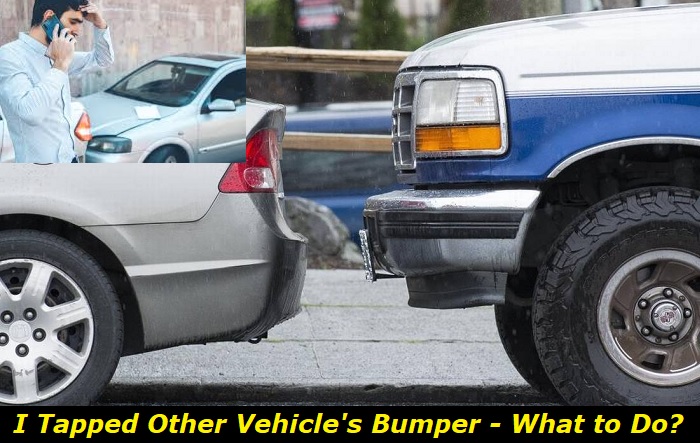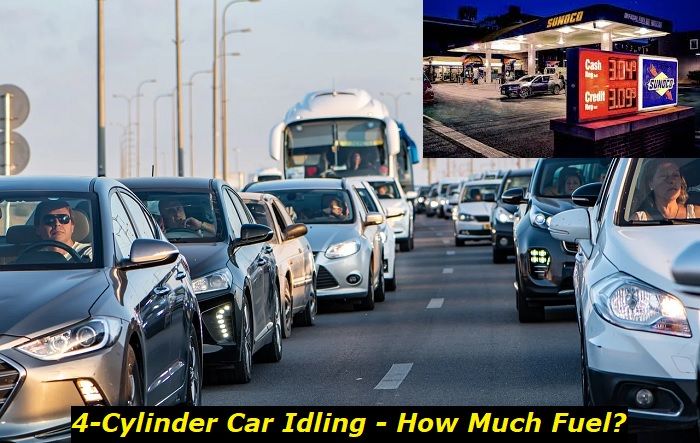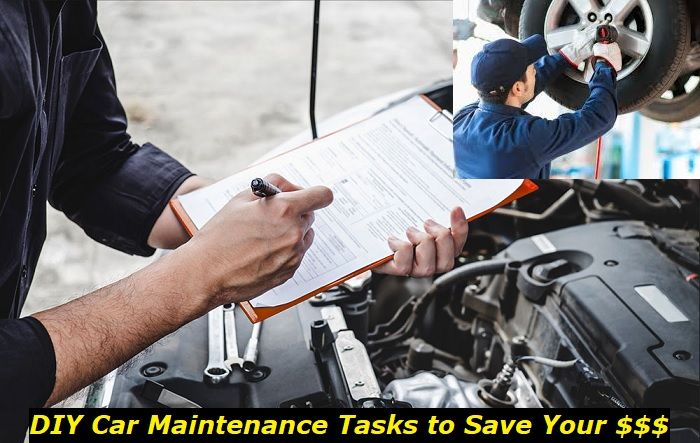Even the most minor car collisions can be stressful. However, it is essential that you remain aware of your next steps after such an incident so as to protect yourself and any other individuals involved. Whether you should stay at the scene or leave could have significant consequences for both parties associated with this event.
It is imperative that you recognize the repercussions of either alternative before deciding to stay or go after a minor collision with no visible damage. In this article, we will review how staying and alerting the police can help protect yourself as well as other people involved in such an incident.
Also, let us examine some potential hazards connected with leaving without informing them first. By understanding both sides of this issue, you'll be better prepared if ever faced with having to decide whether or not to call law enforcement after a minor car collision.

When to Call the Police and When to Just Drive Away
It's wise to remain at the scene and call law enforcement if you've bumped into another vehicle and there isn't any noticeable harm. Taking this step guarantees that all parties involved have a written account of what took place in case future issues arise or someone starts debating who is responsible for the accident. Additionally, notifying the authorities may limit your liability if the other car was damaged in some way and you were unaware.
On the other hand, if it is clear that no damage has been done to either vehicle and all parties agree, then there may be little reason to call the police. This can save time for both parties involved, though keep in mind that this option may not protect you if the other driver decides to get the police involved after leaving.
In some cases, it may be difficult to assess whether minor damages were done without looking closely at both cars. In this scenario, it is best to err on the side of caution and stay until the authorities arrive so that there is an accurate record of what happened in case of a potential dispute later.
How to Handle The Situation If The Other Driver Gets Angry
If you find yourself in a situation where the other driver is angry, it's important to stay calm and try to de-escalate the situation. If the other driver is yelling or aggressive, it's best to remain silent and not respond in kind. It may be helpful to apologize for any part of the incident that you feel responsible for and ask them if they would like to exchange insurance information or contact their insurance company.
It can also be helpful to try diffusing the situation by remaining polite and not escalating the situation. Try to remember that emotions can run high in these situations, so it's important to stay calm and respectful. If the other driver is still angry or aggressive, it may be best to call 911 if you feel unsafe. If law enforcement shows up, follow their instructions and explain your side of the story.
No matter how angry the other driver gets, it's important not to engage in an argument or retaliate in any way and remain as calm and collected as possible. If you handle the situation calmly and responsibly, it will help ensure that the incident is handled appropriately.
What are The Consequences Of Leaving After Tapping the Bumper of Other Car With No Damage
If you leave the scene of an accident without leaving your contact information, even if there is no damage to the other vehicle, it can be considered a hit-and-run in many states. Depending on the state laws, this may result in a criminal or civil charge.
In some states, leaving after tapping another car's bumper without leaving contact information is a misdemeanor and could result in jail time, fines, or both. Additionally, many states require drivers to exchange insurance information after any incident involving two vehicles. Even if you believe there is no damage, there is a chance that the other driver may discover damage later and file a claim.
If you are unable to provide insurance information, this could lead to serious financial consequences for the accident. Therefore, it is always best practice to remain on the scene and exchange contact information.
What Happens When You File a Claim With Your Insurance Company?
If you choose to stay and contact the police after a minor car collision, it is likely that your insurance company will be involved. Your insurer will want to know all the details of the accident and may require photos or other evidence if damages were reported.
Depending on what happened, they may decide to cover some of the costs associated with getting both cars fixed or compensate the other driver for damages. If you leave without contacting the authorities, this could be seen as an admission of guilt, and your insurance company may deny any claims filed by the other driver.
No matter what happens, it is important to always remain at the scene after a car accident, even if it appears minor. By understanding the potential consequences and taking the time to assess the situation, you can help ensure everyone's safety and limit potential legal issues.
How to Document The Accident Scene?
If you remain on the scene of an accident, it's important to document the details for future reference. Try to take pictures of any damages that were caused, as well as those of the surrounding area, and any skid marks on the road if applicable. If possible, try to get contact information from any witnesses who may have seen what happened.
Additionally, it may be a good idea to record the license plate numbers of both vehicles involved and write down a description of the car's make and model. Finally, if the police are called to the scene, get a copy of their report, so you have an official record of what occurred.
What Potential Damage Can Be Discovered Later?
Tapping another car's bumper without leaving the scene of the accident can lead to a variety of issues later on. The other person involved in the incident may discover damage such as scratches, dents, or even mechanical problems that were not visible at first. So, there is potential for additional costs not only for repairs but also for insurance increases or legal fees.
Additionally, if the other person discovers the damage later on and decides to take legal action, the person who caused the accident may be held responsible and face penalties such as fines.
When Do You Need a Lawyer?
If you are involved in an accident that results in serious damage, injury, or a legal dispute, it is important to contact a lawyer. A lawyer can help assess the situation and advise on what steps need to be taken next.
An attorney specializing in personal injury law can also provide advice regarding insurance coverage and possible damages that may be awarded if the case goes to court. Having a lawyer by your side can provide peace of mind during this difficult and stressful time.
Bottom Line
If you have tapped another car's bumper with no visible damage, it is best to remain on the scene and exchange contact information. This ensures that all parties are aware of what happened and protects you from potential legal action or financial consequences down the road.
Additionally, if there is any question as to damages, it is wise to call law enforcement to document the incident. Taking these steps can help protect you and ensure everyone is held accountable in case of an accident.
About the authors
The CarAraC research team is composed of seasoned auto mechanics and automotive industry professionals, including individuals with advanced degrees and certifications in their field. Our team members boast prestigious credentials, reflecting their extensive knowledge and skills. These qualifications include: IMI: Institute of the Motor Industry, ASE-Certified Master Automobile Technicians; Coventry University, Graduate of MA in Automotive Journalism; Politecnico di Torino, Italy, MS Automotive Engineering; Ss. Cyril and Methodius University in Skopje, Mechanical University in Skopje; TOC Automotive College; DHA Suffa University, Department of Mechanical Engineering






Add comment